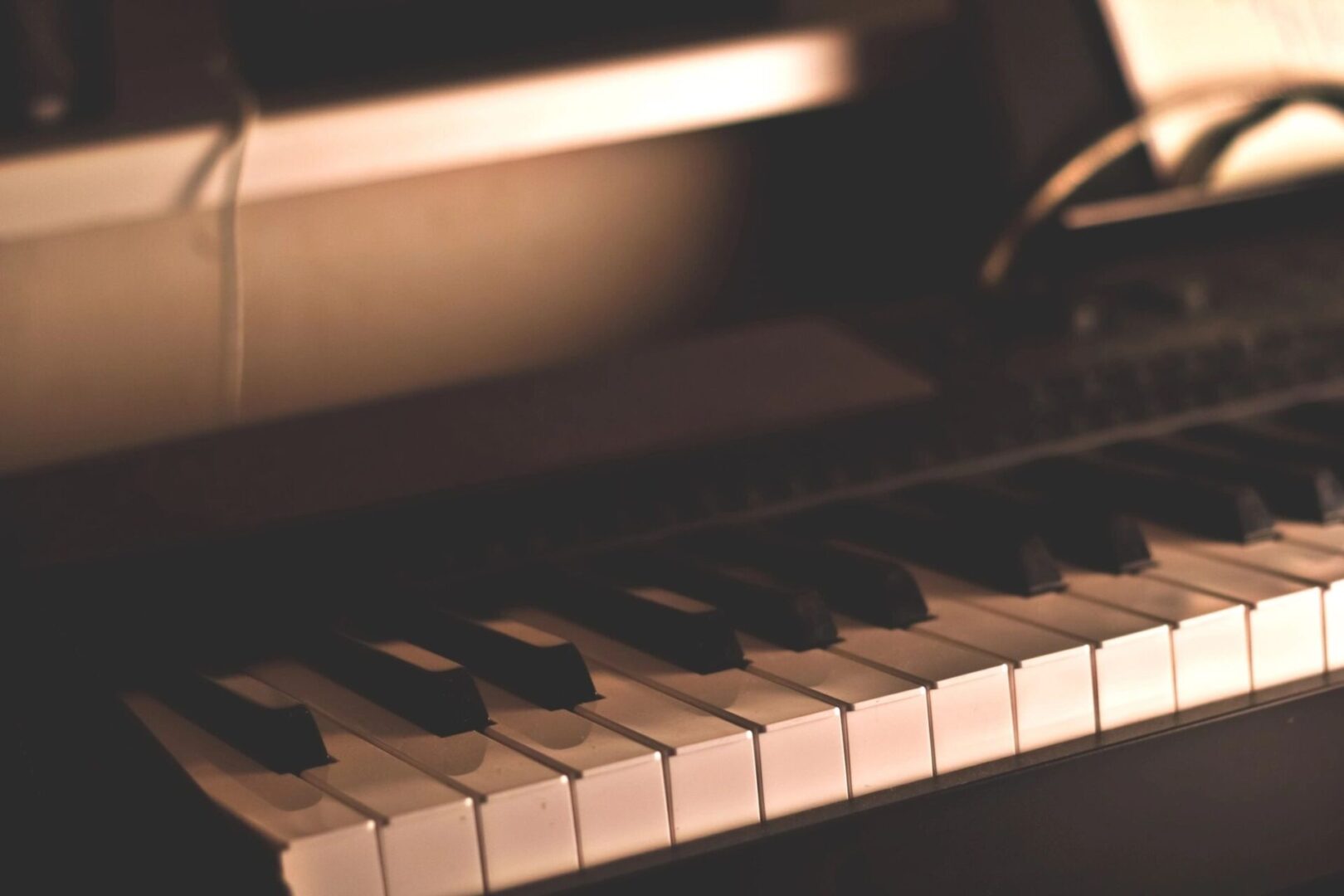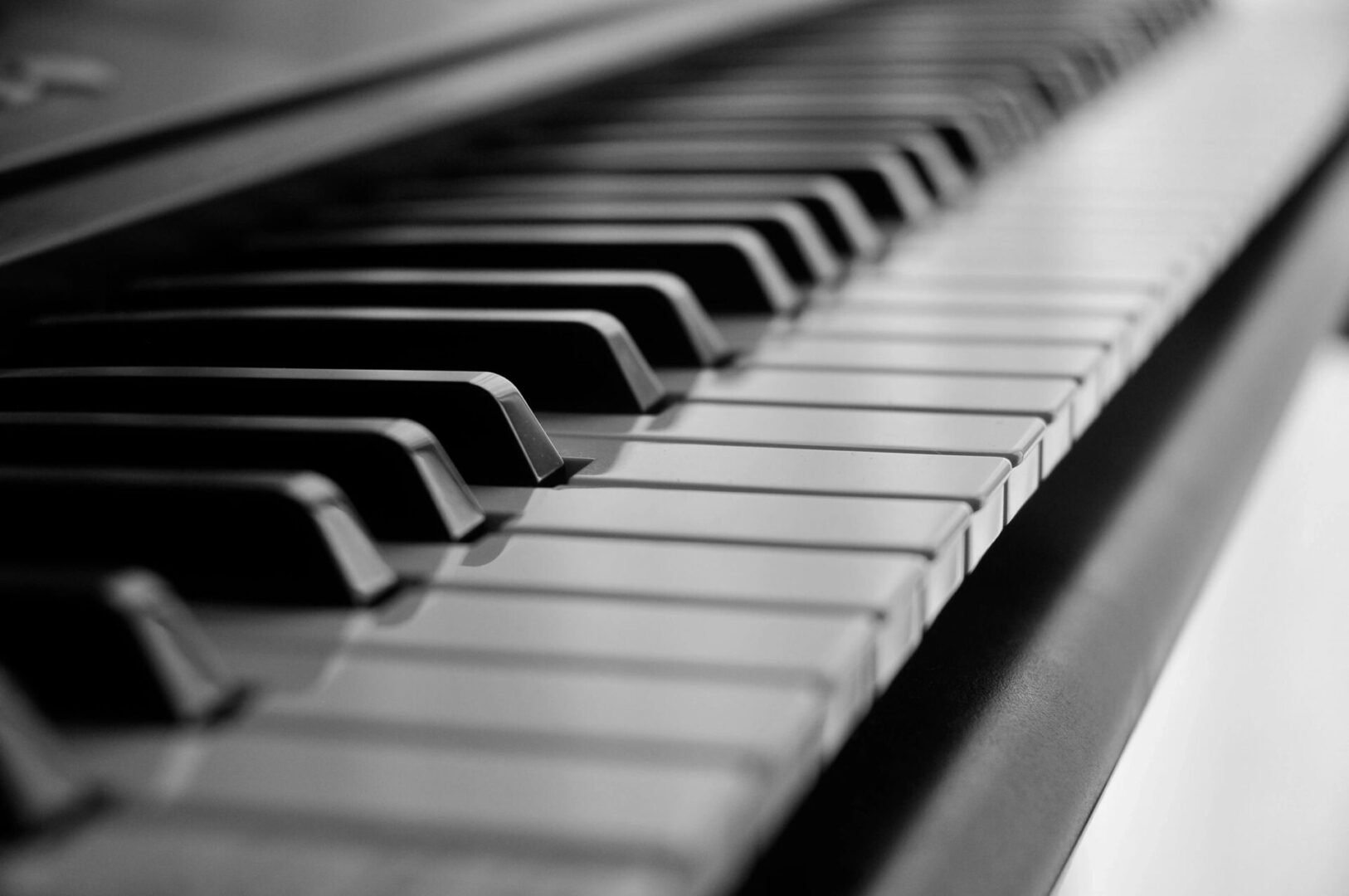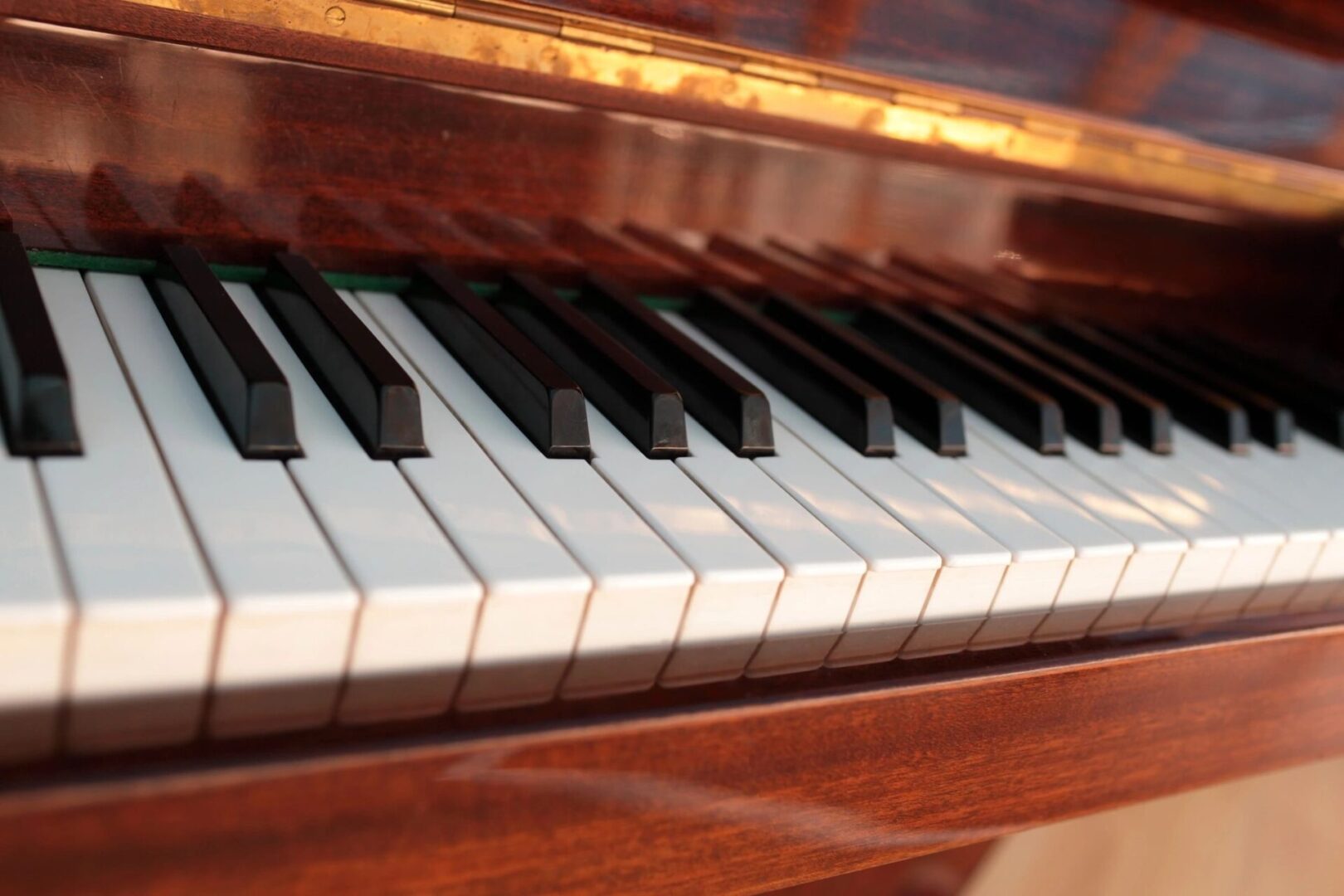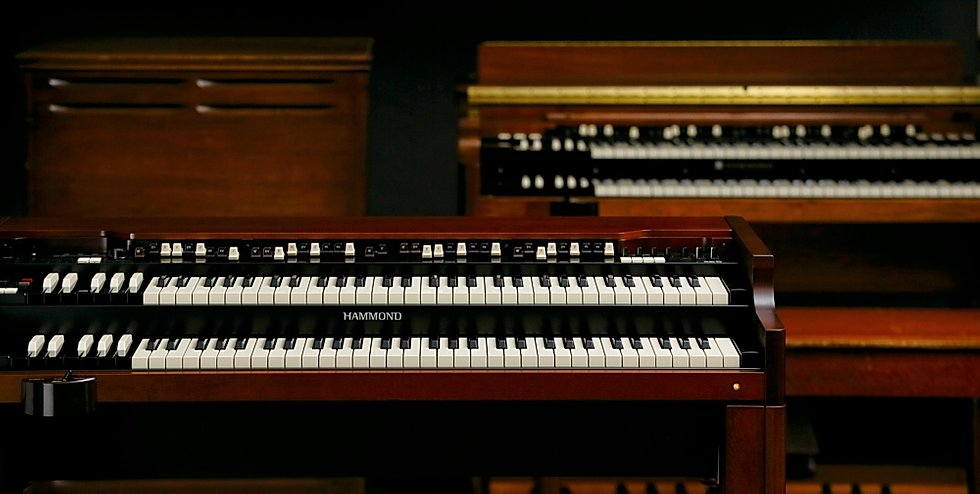Check Out Our Sound Studio’s Rates and Services
Organ Den Studio's basic
In-studio rate is $40 an hour.
This price includes everything except physical media (including my keyboard work if needed). But you might ask, "how many hours will it take me to complete my project?" This really depends on you and your preparations and talent. I've had a band in here that cranked out all the rhythm parts for a 15 song demo in two hours, then finished the vocal tracks in another 3 to 4 hours. Altogether with mix-down, they were done in 12 and a half hours. Then I've had projects where people have really been overcritical with their own playing or singing (I had one guitarist do literally 99 takes on a solo!) and one song has taken 16 or 17 hours.


I will make recommendations to you
As we go along on ways to use as little studio time as possible, but in the end, it's you who will make the determination on how much you want to spend.
Some things you can do to cut down on time are:
Get here early! This sounds like common sense, but believe it or not, it is a rare occurrence. I'm a father first, husband second, and studio owner after that, so you're paying me for the time I set aside for you. You might as well pay me to record you rather than pay me to wait while you're stuck in traffic. If you have a lot of stuff to set up, make sure you get here early enough. I don't charge for setup time if it's before your set time.
Practice your music ahead of time as necessary for your skill level. I understand the need for spontaneity, and I'm all for letting the magic happen and letting the music take you somewhere unexpected. However, rushing through the rhythm tracks, then tearing down the instruments and starting to record the vocals only to discover that you let out room for a line in the verse, or forgot a bridge, is going to end up costing you, where coming in with a plan and some type of chart will save you having to re-setup instruments, get levels again, etc. The first time setup is on my dime, the second time it's on yours. This may seem obvious, but I've had these things happen more than once.
Take your time while we are setting levels, and don't be afraid to ask me for more kick drum or less guitar on your headphones. I will tell you if it can't be done, but most times, people settle for less than optimum mixes because they just want to get into the recording as soon as possible. When actually, they'll end up saving time if the mixes are right. We have three separate mix feeds available, and we will try and make the necessary evil of playing to headphones as natural as we possibly can.
Try and keep levels as even as possible. Turning up the amp mid-song, or using mic distances for dynamics are not good ideas in the studio. This will end up taking a lot more mix time to undo what you did.
With the technology available for recording these days, it's easy to bump a note in tune or slide a bass drum here and there, but it's usually quicker to resing or replay it in most cases. Sure, it's better if you get it perfect the first time, but you're going to make mistakes. I've fixed some ugly ones, and I know pretty well what I can fix and what needs to be redone, so take our word for it if we ask you to retake something.
Don't be overcritical of your playing or singing. Something happens to a lot of people once they get into the studio, and they want perfection. It's been my experience that perfection comes at the price of energy. Go back and listen to Miles Kind of Blue, or any of ELP's things, if that's more up your alley. There are mistakes there, but there's also life there. Don't play a song so many times it ends up sterile. If you can't get it in three takes, you probably won't get it in 30 either. Remember that 99 take guitarist? We ended up going back and using one of the first few he played!
Don't try and do too much in one day. The studio is a high-pressure thing for most people, and you'll tire mentally a lot quicker than normal. It's probably a good idea to get the basic rhythm tracks done in one day and schedule another time or two for solos and vocals. I can't tell you how many times people get greedy and try to finish it all in one day only to have to come back and redo the vocals anyway. I've done enough recording that I'm usually able to pick up on the tired level, and I might suggest calling it a day to you. From where I'm sitting, I can usually pay more objective attention to this than you can.
Mixing a well-played song takes about an hour, mixing one that involves fixing out of tune notes, off timings, and stealing a word from a previous verse because you forgot the lyrics can take 3 or 4 hours.
Would you rather have a good live demo
Of your band playing as you're used to instead of going through the pressure of recording in a studio?
I can record you live on two tracks using condenser mics or I can use up to 8 separate tracks and take them back to my studio for mixing and give you the best of both worlds. I also have a mastering engineer I've been working with on studio projects.

I'm offering three different price ranges.
I'll record your band with two condensers and give it to you EQed and uncompressed, or run it through a very generic mastering program, which will bring the levels up to normal CD levels. I've been using them for quite a few projects and I would highly recommend this option due to the attention they give the project. This will come to you as a mastered set of wav. files on a CD which we will convert to you as MP3's for no charge (if you need a production master CD, that's 25 dollars extra).
I'll use all 8 channels and depending on the band, supplement it with separate guitar or keyboard tracks, drum mics, vocal feeds, and whatever else will give us a more studio-type sound. We'll discuss what we need ahead of time. Then, that'll be mixed and ready to be sent for mastering. We will send you a rough mix and tweak it within reason to your taste. Mastering costs for this option are $30 per song using the same professional mastering studio, and another $25 for a production master CD.
As far as which option is best for you, this will largely depend on your budget and your live playing abilities. Two condensers give you an accurate live sound but allows little in the way of re-balancing, etc., so your sound has to be right on your end. Using more channels allows us to go back and re-balance things, but at the expense of more time for mix-downs, etc. Some of the things we've done in the past using this technique have been anywhere from minor EQ changes to running the guitar tracks back through tube amps to give it a punchier sound to running keyboard tracks through our Leslies here.

In addition to this on-site work
Organ Den Studio is known amongst our clients for the attention we devote to mix-downs and getting your sound right. We'll take your raw waves from your home studio and work our magic on them if you're just not getting the sound you want on your end.